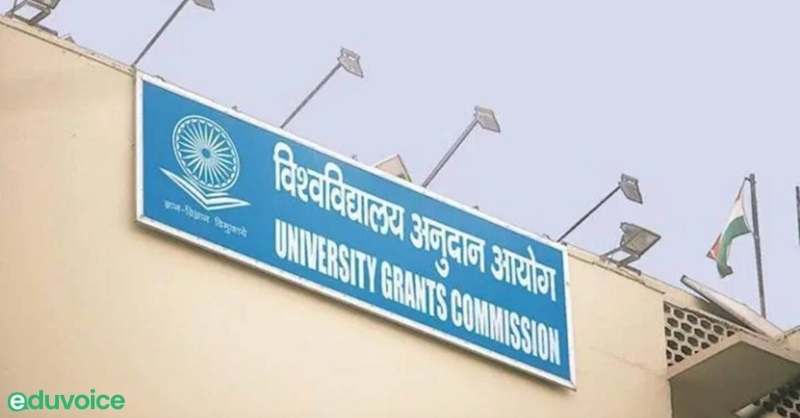The University Grants Commission (UGC) has developed a draft National Higher Educational Qualification Framework (NHEQF), which is part of a set of reforms that the National Education Policy (NEP) 2020 envisages.
From job readiness to constitutional values, theoretical knowledge to technical skills, higher education institutes across the country will soon be brought under a new framework to assess students on a range of learning outcomes.
The UGC has put out the 72-page draft NHEQF in the public domain, inviting suggestions till February 13 through emails at nepnheqf@gmail.com.
It has been felt that given the size of the higher education system and the diversity of institutions and programmes of study in India, the country needs to move towards developing a nationally accepted and internationally comparable and acceptable qualifications framework to facilitate transparency and comparability of higher education qualifications at all levels. The NHEQF is an attempt in this direction,the draft says.
The draft says
In the draft, the UGC has clarified that the framework is not intended to promote a uniform curriculum or national common syllabus. “The purpose is to bring up/elevate all HEIs to a common level of benchmarking to ensure that all institutions are providing quality education,” it states.
According to the draft, the NHEQF envisages the award of certificates, diplomas and degrees based on what students completing a particular programme of study are “expected to know, understand and be able to do at the end of their programme of study.” It is characterised by six levels based on the complexity of learning outcomes.
While Level 5 of the NHEQF represents learning outcomes appropriate to the first year of the undergraduate programme of study, Level 10 represents learning outcomes with greater complexity appropriate to the doctoral-level programmes of study,
The draft states.
At every level, the students will be assessed based on parameters, including knowledge and understanding of theory; cognitive and technical skills; application of knowledge and skills; decision-making abilities; constitutional, humanistic, ethical and moral values; employment-ready skills and the entrepreneurship mindset.
In line with the structure outlined in the NEP, the draft NHEQF also fixes the number of credits required to clear the different levels of the four-year undergraduate programme, master’s degrees and doctoral degrees.
Those looking to exit the undergraduate programme with a certificate will require 40 credits; with a diploma after two years will need 80 credits; degree after three years will have a requirement of 120 credits; degree with honours/research after four years with 160 credits.
One credit is equivalent to one hour of teaching (lecture or tutorial) or two hours of practical work/field work per week, it adds.
For More Such Articles, News Update, Events, and Many More Click Here






